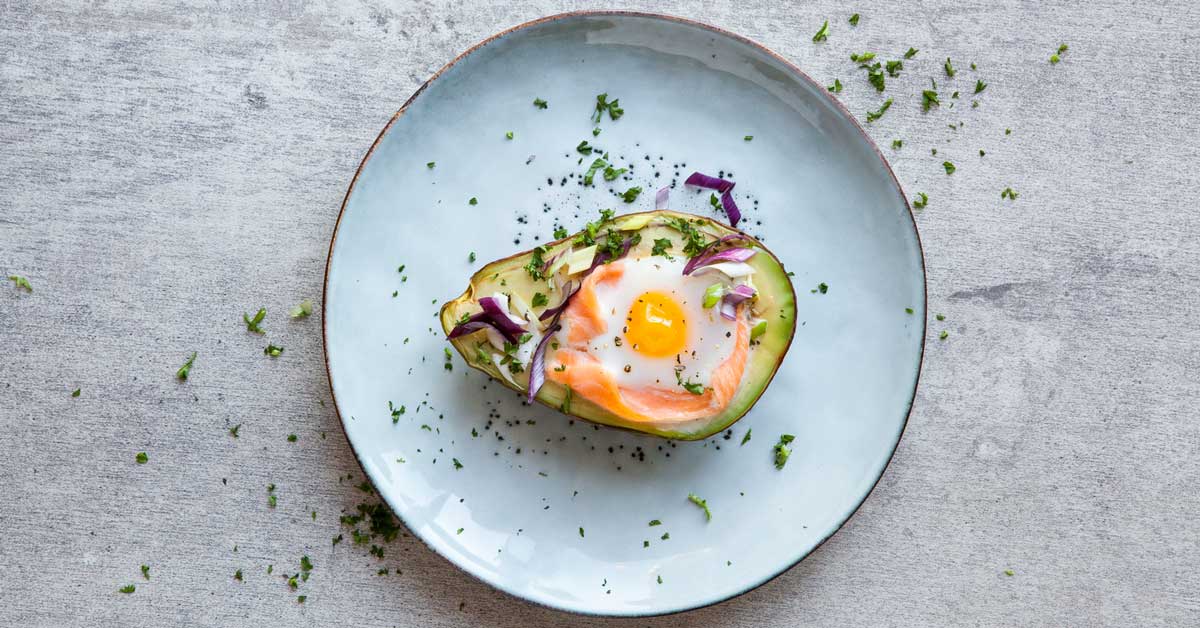February 2019
Diarrhea and loose bowel motions that develop within 24 hours after eating something dodgy are most commonly caused by an infection (also called acute gastroenteritis). Diarrhea is both good and bad: loose bowel motions help excrete the infection along with any potential toxins. However there is a downside - your body loses a lot of water and electrolytes in the process. Dehydration is a common complication of infectious gastroenteritis.
The most important treatment for gastroenteritis is rehydration: replacement of both water and electrolytes. For mild cases of diarrhea, fruit juices and sports drinks can be sufficient. You can even make electrolytes replacement drinks at home by mixing 500ml of water, half a tablespoon of salt, 2 to 4 tablespoons of sugar or hone and 250ml of orange juice. But for more serious diarrhea, you may need to buy oral rehydration solutions.
A slow and steady approach to re-introducing foods is the best approach. Initially, the best foods to re-introduce are those that are easy to digest. These include starchy foods like noodles, rice or pototatoes, soups, fruits and vegetables. It's a good idea to avoid high fat foods because these can be difficult to digest. Also, it is common to get a brief period of lactose intolerance after gastroenteritis, so it's a good idea to avoid to temporarily avoid dairy.
Anti diarrhea medications (eg. Loperamide) are effective for reducing the frequency of motions, but they need to be used cautiously. If used continuously, these medications may prevent excretion of the infection and lead to fluid build up in the intestines.
In research studies, {robiotics were associated with a modest reduction in the duration of diarrhea, with an average reduction of 25 hours. Probiotics are worth considering if you would like to reduce the duration of gastro as much as possible.
In healthy adults and children, gastroenteritis resolves by itself in 4 to 7 days once the immune system has cleared the infection. So antibiotics are not used routinely. However if you have severe gastroenteritis or see blood mixed in with diarrhea, then antibiotics can be helpful.
--
Timestamps
0:40 What causes diarrhea
1:26 How long it takes for diarrhea to resolve
1:49 Treatment for diarrhea - Rehydration
2:25 What foods to eat during an episode of gastro
2:59 Anti-diarrhea medications
3:16 Probiotics for gastro
3:44 Antibiotics in the treatment of gastro
--
All DocUnlock content is for educational purposes only and is not intended as a substitute for medical advice, diagnosis and treatment. Please read our Disclaimer: https://www.docunlock.org/medical-inf...
--
#gastro #diarrhea #docunlock
Full transcript: https://www.docunlock.org/youtube/is-...
References and Further reading:
2017 Guidelines for the Diagnosis and Management of Infectious Diarrhea: https://www.ncbi.nlm.nih.gov/pubmed?t...
Probiotics for treating Acute Infectious Diarrhea (Cochrane Review): https://www.ncbi.nlm.nih.gov/pubmed?t...










